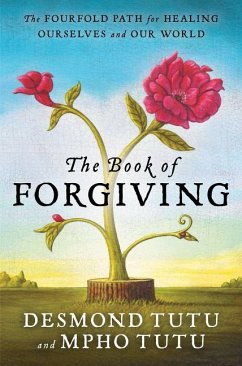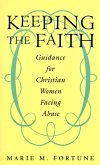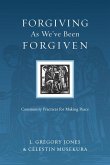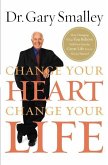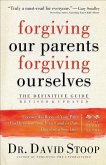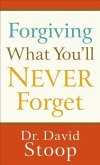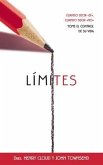How do I forgive? Nobel laureate Archbishop Desmond Tutu has witnessed some of the worst crimes people can inflict on others. So wherever he goes, he inevitably gets asked this question. This book is his answer. Writing with his daughter, Mpho, an Anglican priest, they lay out the simple but profound truths about the significance of forgiveness, how it works, why everyone needs to know how to grant it and receive it, and why granting forgiveness is the greatest gift we can give to ourselves when we have been wronged. They explain the four-step process of forgiveness?Telling the Story, Naming the Hurt, Granting Forgiveness, and Renewing or Releasing the Relationship?as well as offer meditations, exercises, and prayers to guide the reader along the way. "With each act of forgiveness, whether small or great, we move toward wholeness," they write. "Forgiveness is how we bring peace to ourselves and our world."

